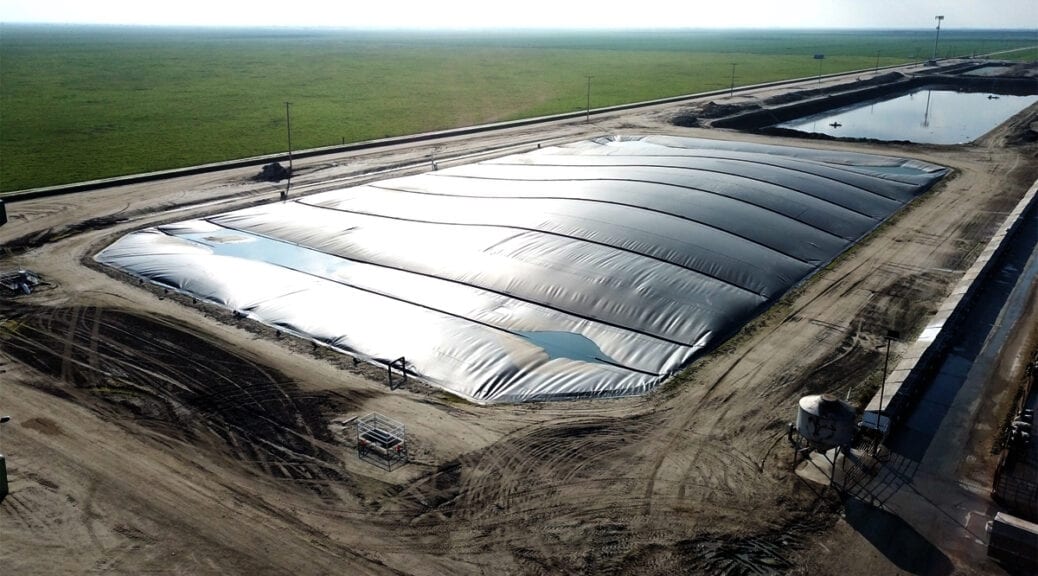
Return to August 2020 newsletter
Dairy farmers should take care when considering a methane digester
By Darren Turley, TAD executive director
At Texas Association of Dairymen, I get calls monthly from marketers selling methane digesters. Most of them do not have much merit, and very few of the callers understand the operations of a dairy farm and how a methane digester would become part of the waste handling process. A few groups are making their way across the state offering some very interesting deals for a methane digester.
Several dairy farmers are looking at the opportunities that these methane marketers are offering; if you are, be certain to think through this major decision. The digester deals are all based on selling the methane back to the California carbon offset program that will be in place until 2035; after then, no one knows what the circumstances will be.
Most digesters are in California, the nation’s top dairy state, which has a substantial grant program.
For Texas producers to benefit from installing a methane digester, I believe we need a better option than the current digester process.
Keep in mind that this system will be on your farm forever, while the “benefits” touted may not. Currently our country’s future is very uncertain because of climbing unemployment levels due to the COVID-19 pandemic, and many people are moving from California due to the state’s serious financial issues that are leading to monumental tax increases. These issues give me concern for the longevity of California’s carbon offset program after the 2035 expiration date.
I know some of the deals being offered are tempting producers to strongly consider placing a digester on their farms. But remember that most of the nutrients will still be in the remaining waste product, just at a more concentrated level than before.
Nationally, the connection of a digester on a dairy farm has been sold as our best technology. But truthfully, we are still considering the same technology that has been used for decades with little advancement other than better materials to build each of the units. Even though this process has not improved, we are still selling this as our best effort to become “greener” in our dairy waste processing.
I personally have not talked to many producers with digesters who have had them work smoothly or profitably. Yet legislators are still being led to believe that digesters would be beneficial to every farmer.
Installing a digester is a major decision for you and your farm, so do not take it lightly. Do your research and visit farms that have the technology working before you sign a contract that locks you into selling your manure to a company for many years to come. Be sure that the profit touted is worth the additional cost of manure handling and headaches of the potential system.
In these uncertain times, it’s a good idea in general to be very careful what long-term commitments you make for your operation. Contracting your milk and locking in a profit. Securing feed contracts to lock in prices to help you secure a margin on your production. These are crucial steps for your farm.
The digester discussion is ongoing, and the Texas Association of Dairymen continues to work to evaluate these opportunities for Texas producers.